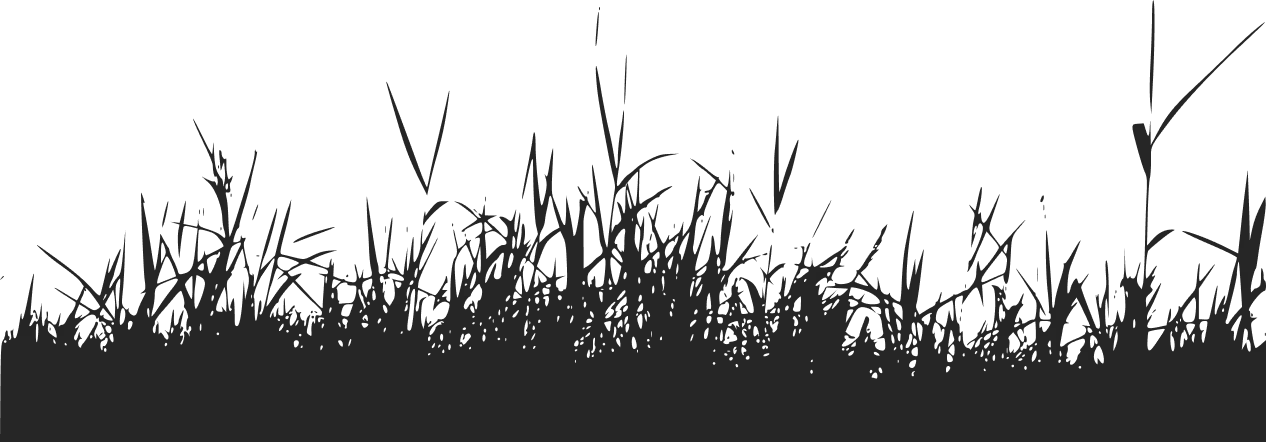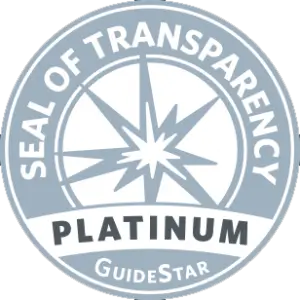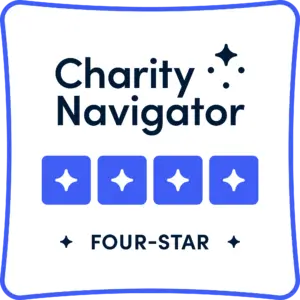Every year our education team reaches over 5,000 students from 60 different schools throughout the front range of Colorado. Our education programs have grown a lot in the last 35 years and we are proud of where we have come from and where we are going.
Throughout the years one teacher has created a legacy of engaging students in our experiential field trips. Chuck Hart at Zion Lutheran in Brighton, CO has been attending our program with his students for over 20 years. This year Bird Conservancy is celebrating their 35th year of conserving birds and their habitats and wanted to highlight Chuck for his dedication to connecting students to birds and nature in their own communities. Please enjoy the following conversation with Chuck, which was conducted just days after his fourth-grade students attended their Barr Lake Bird Banding Field Trip in September.
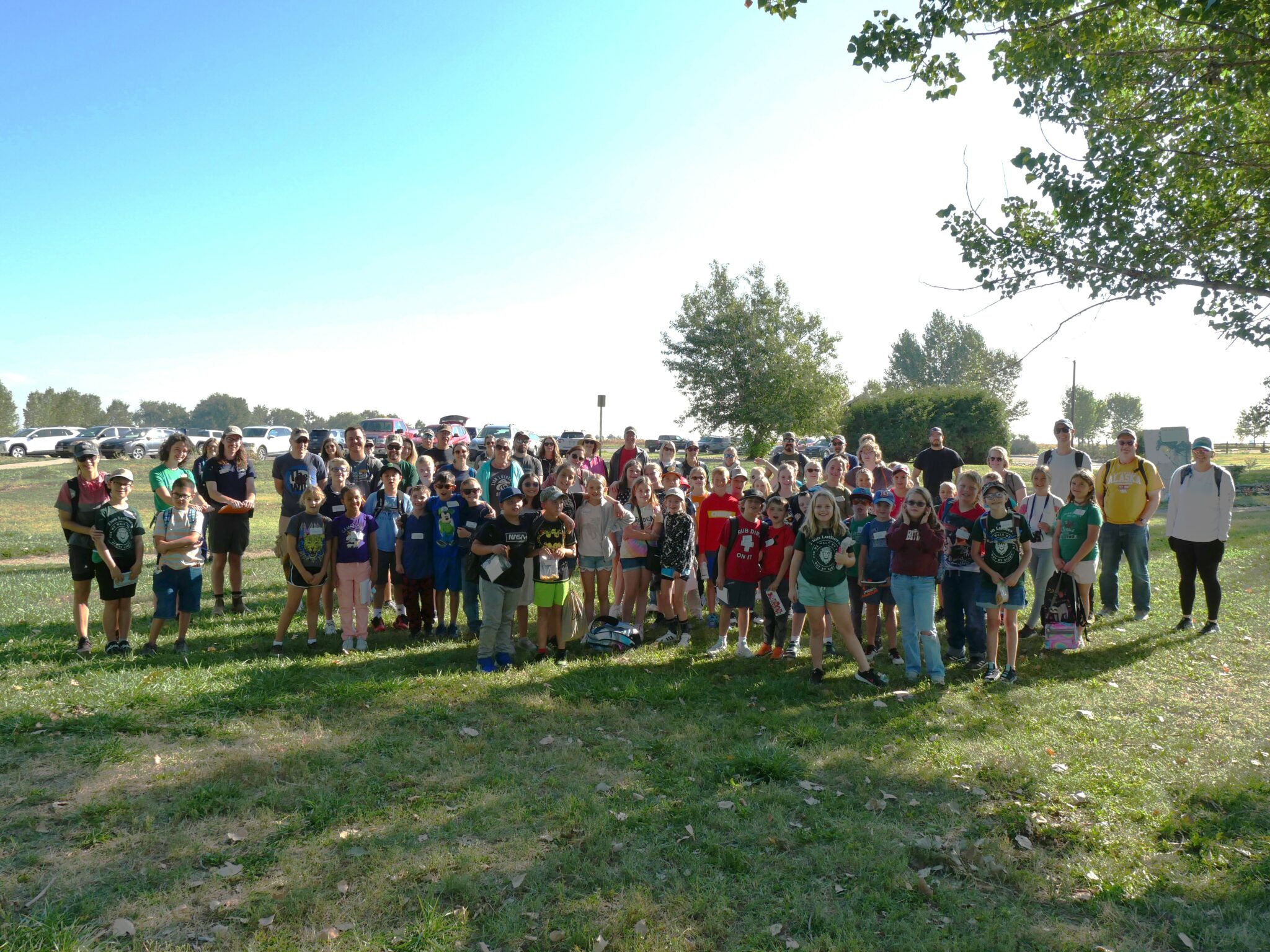
Bird Conservancy: Hey Chuck! How long have you have been at Zion Lutheran and what grades do you teach?
Chuck: I have been at Zion Lutheran since 1995 and taught third grade for 15 years. The remainder of time has been teaching fourth grade.
How did you hear about Bird Conservancy of the Rockies and what was the desire to come to a bird banding program?
I got together with Nelda Gamble (Nelda helped create the first education programs for Bird Conservancy), who was a member of our church at the time and we got to talking. She said, “you know I kind of got this program going with Bird Conservancy of the Rockies (than Colorado Bird Observatory)”, and we started talking about it and we just kind of went from there. She got things going and wanted to do include habitat study for the science curriculum and also with the Bald Eagle Watch.
So, we did two things. We did the bird banding and then we came out in the spring and Nelda would take us on the southwest side of Barr Lake to see Bald Eagles. We would end up hiking like 5 or 6 miles in the day and the kids would eat lunch out there in the gazebo which was a lot of fun!
What year did you start these programs?
I want to say the first year was 1996. We have been going every year since with the exception of the couple of years during COVID. Nelda was getting up there in age and she couldn’t do the hikes with us anymore. So probably 2019 was her last hike with us.
So, we continue to come out during the fall for the bird banding program and again in the spring to go out to the eagle viewing platform and learn about the eagles.
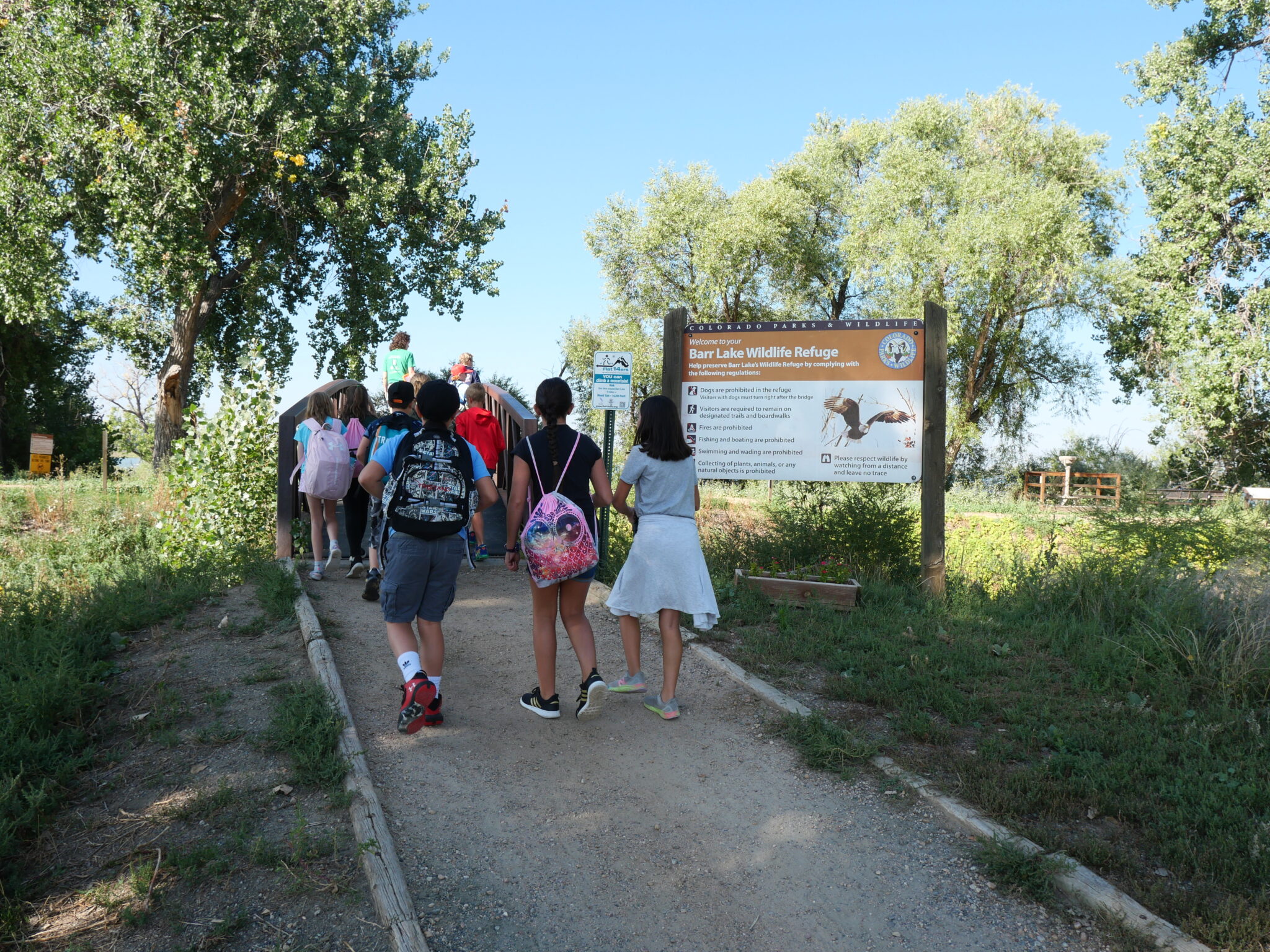
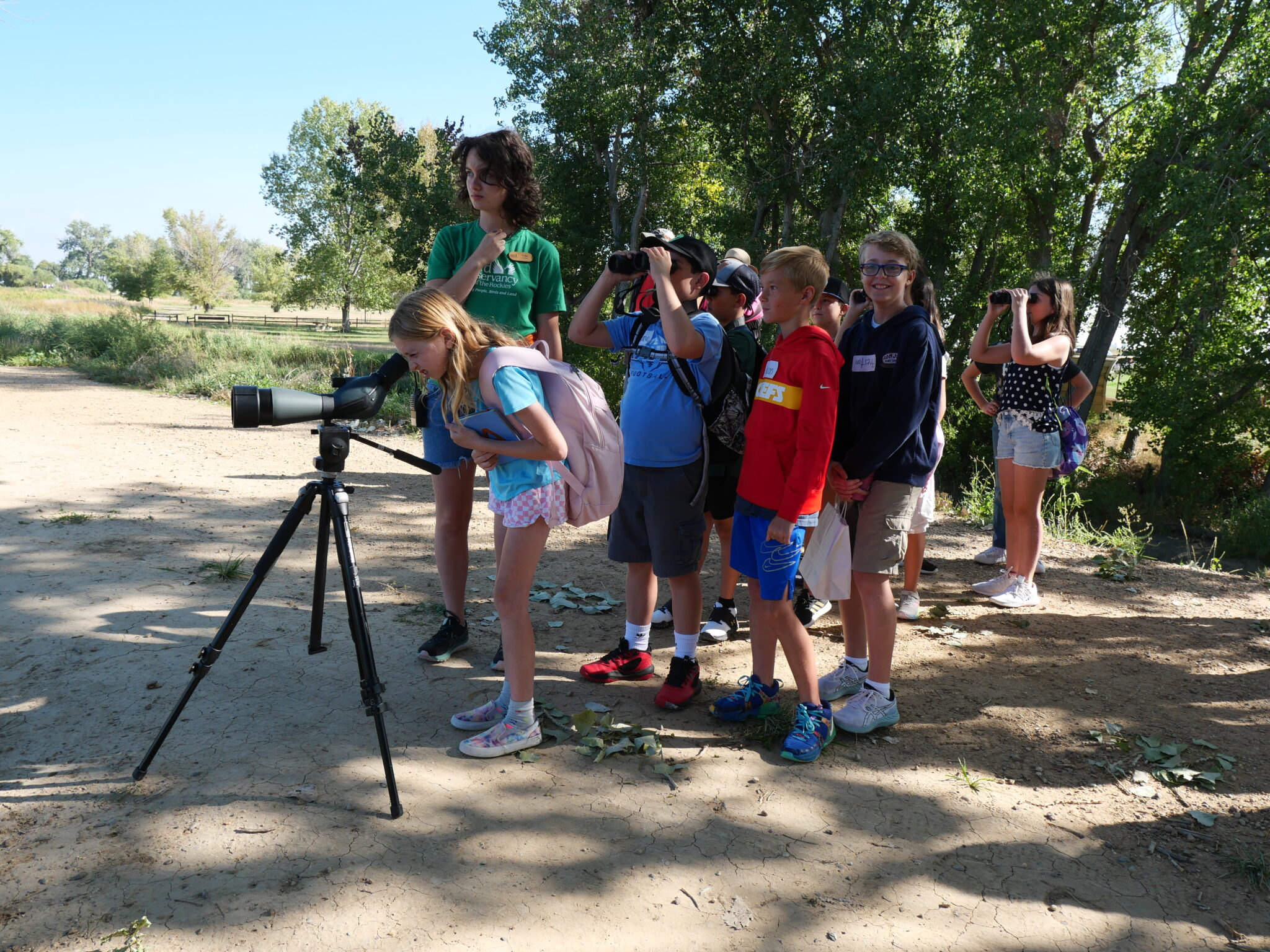
I am sure you have seen changes throughout the years, what are some of the highlights for you and your students?
Well, for me it’s been seeing the student’s reactions. They start off like, “oh man we have to do this…”, Not so sure they want to be out there. I tell them it is going to be a pretty good hike and for fourth and fifth graders they kind of get a little worried. But, when they get out there and see all of the fun stuff that’s going on they just enjoy being out in nature and seeing all of the wildlife. We have been lucky with really nice weather for most years which helps.
And of course, your educators have been wonderful explaining things like bird migrations and which birds come back and what to look for.
My personal highlights have been all of that and then the parents not knowing that it was [Barr Lake State Park] right in their backyard. Now we are getting a lot more parents aware of Barr lake and a lot more parents are joining the kids on the field trips.

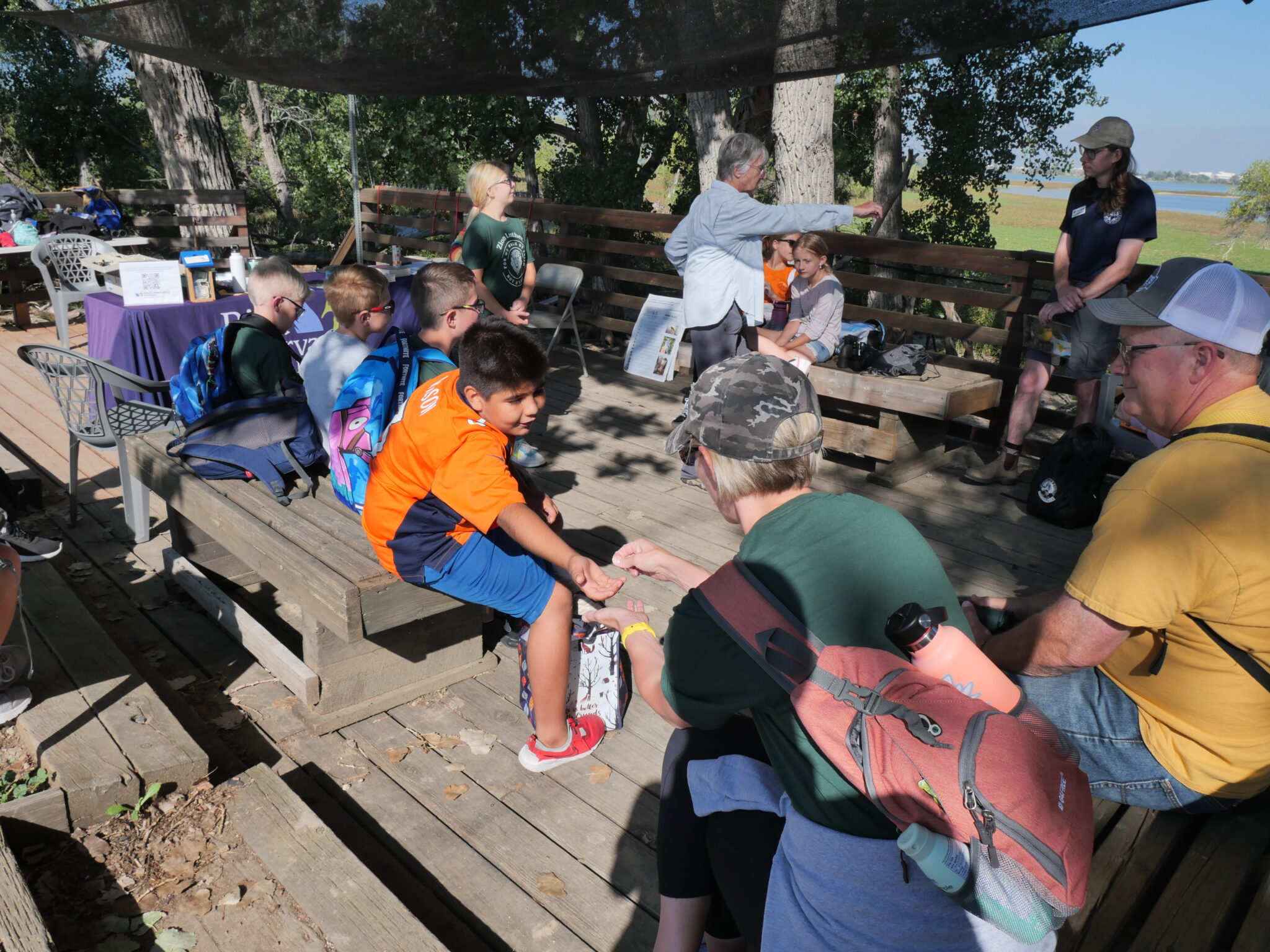
What are some learning outcomes you expect from your students during the field trip?
We want the students to record what kind of birds they see. As well as different plants and other animals in the habitat. We use the Barr Lake bird checklist which is helpful. After the hike we always do a debrief about what they saw and what kind of habitat the students are seeing these birds in. Then when they see deer or run across snakes and turtles we continue that habitat discussion. We try to drive in as much science and ecosystems as possible into the field trips.
We also prep them a little bit ahead of time before they get out there. Just asking what they think they are going to see. That way they are aware of what they’re going to see and be able to watch and look for things. And as I said earlier the educators are always so helpful in explaining things to the students and talking to them.
The way you all tie in the plants and other stuff besides birds help them see how important everything is in the whole habitat at the lake. We also enjoy how you all tie in the history of Barr Lake as well.
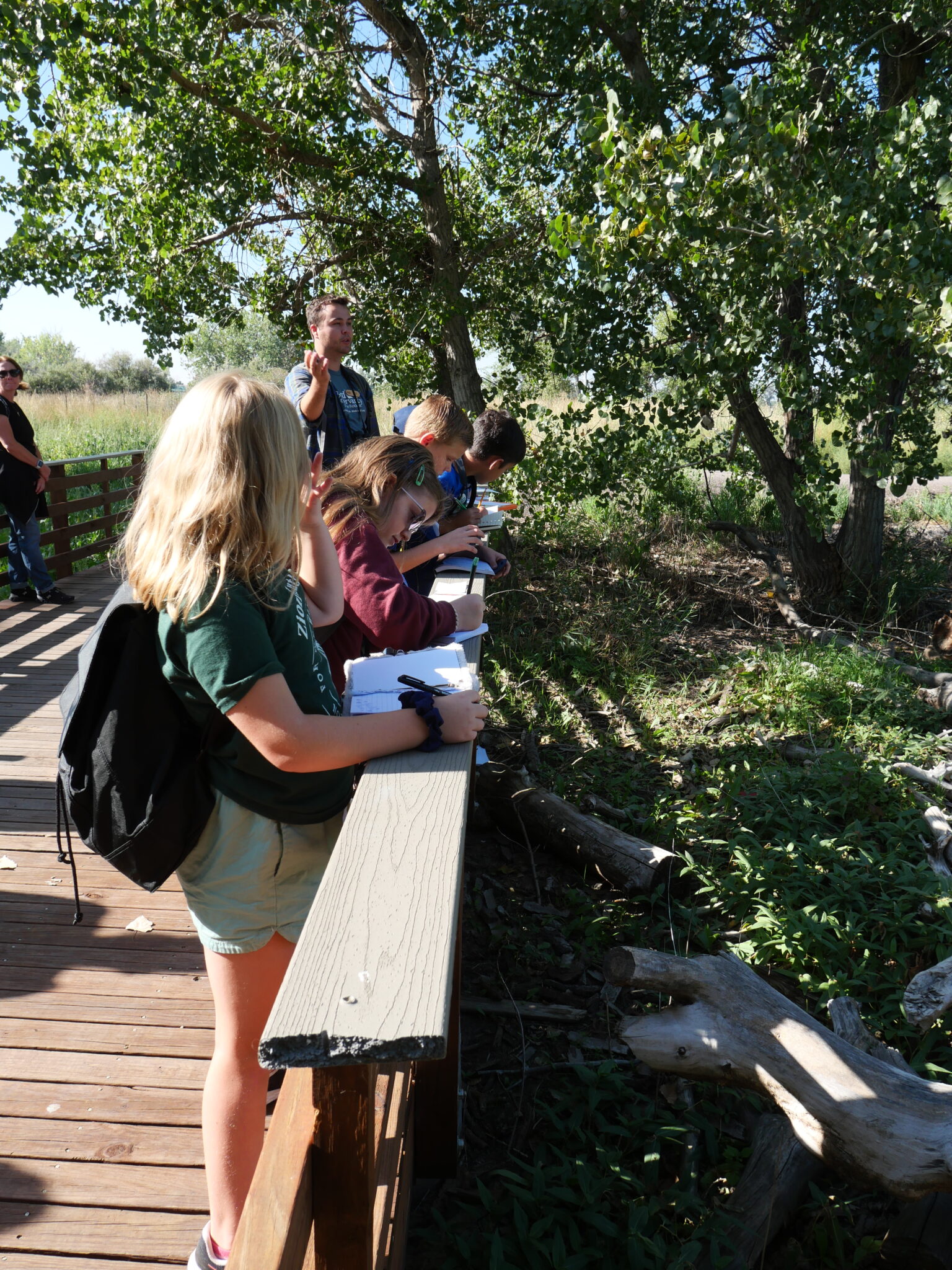
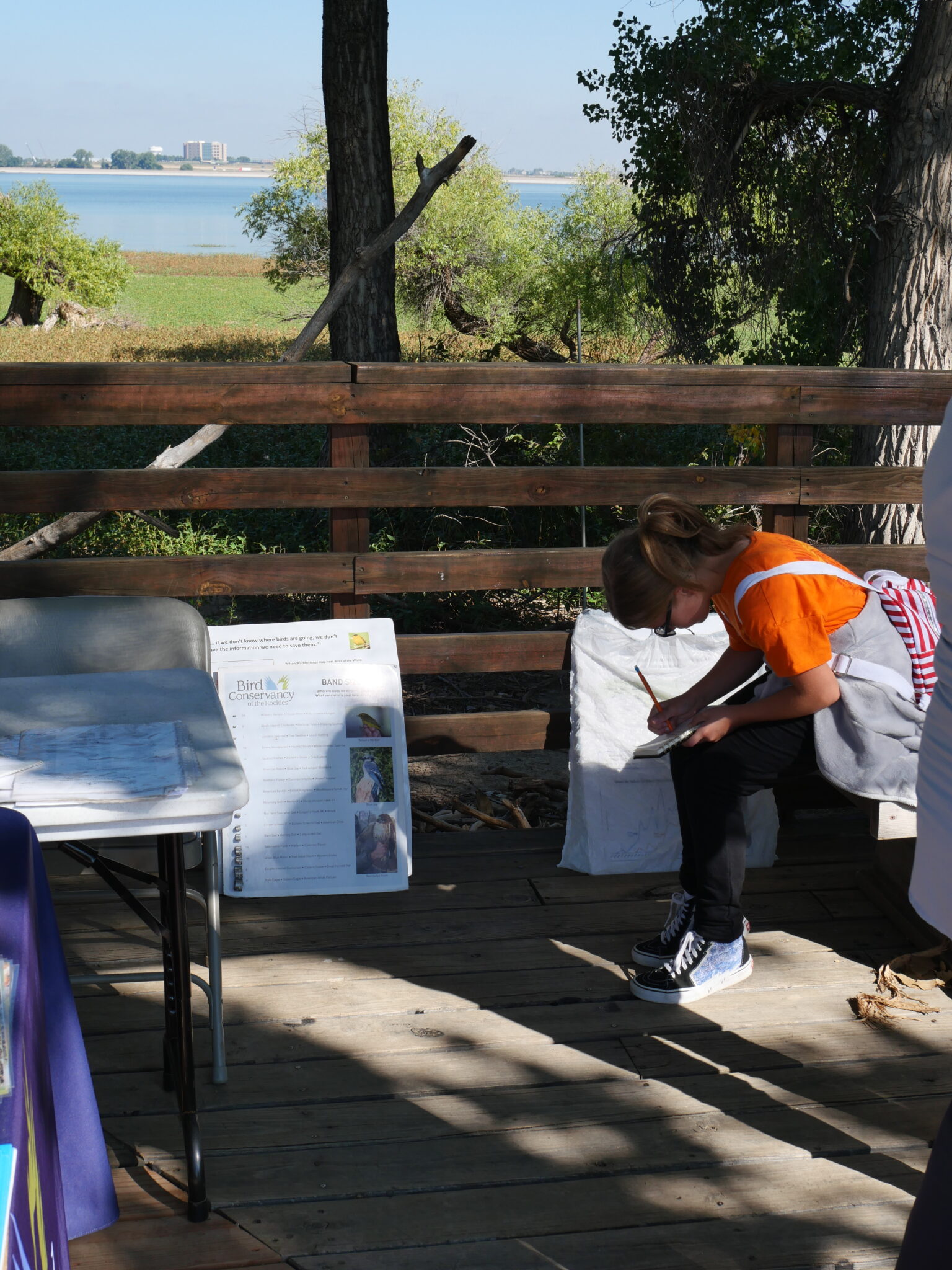
I noticed at the field trip on Friday that some of your students were taking notes during the program. Do you combine any pre or post lessons that coincide with bird banding or conservation?
Yes, we require the students to take notes during the program. They have to pick out three things at each station they went to that they learned about. They also write down three things they really enjoyed seeing as well as record the conditions of the day like the weather. We also encourage them to be asking questions to the educators during the field trip.
This year there wasn’t the migration obstacle course and the educator said that we took that out of the curriculum this year to give the students more time to explore and ask questions which was very helpful. I felt that this year they had more time to ask questions and reflect and it didn’t feel as rushed.
How do you think these programs impact your students?
Oh my goodness they have a huge impact! These field trips get them out of the classroom to intentionally observe nature. They get to see what they are learning about in the classroom come to life.
I get students that I started with back in 1996 that are now adults coming to me saying they still recall going on these field trips. When we leave on these field trips and the older kids say “are you going to Barr Lake?”, “I wish I could go those were so much fun” So they talk about how much fun they had and how much they enjoyed the learning and stuff like that so it really impacts them.
And again, just the fact this this is right in their backyard which they didn’t know about.
Since you’ve been doing this for so long and every year is different, whether you see birds or not at the banding station and this year your students didn’t get to see any birds banded do you notice a difference from your students whether they get to see birds or not at the banding station?
Well, you know, actually because there was so much interaction between the educators and all the other things we get to see they didn’t really make a big complaint about not getting to see the actual birds. I think you guys do a great job with demonstrating the banding process with the stuffed birds or with the students themselves. They still get to see how you hold the birds, how you can track them, the bands and all the hustle it takes. The students were enjoying that and they are asking a lot of good questions, the fact that we didn’t really see any birds didn’t really affect their excitement and enthusiasm for the program.
I know this because they are still talking about it! They continue to talk about it once we get back to school and even today we hear kids talking about it. They talk about all the ducks they got to see on the lake and the cormorants and the things they have never seen before.
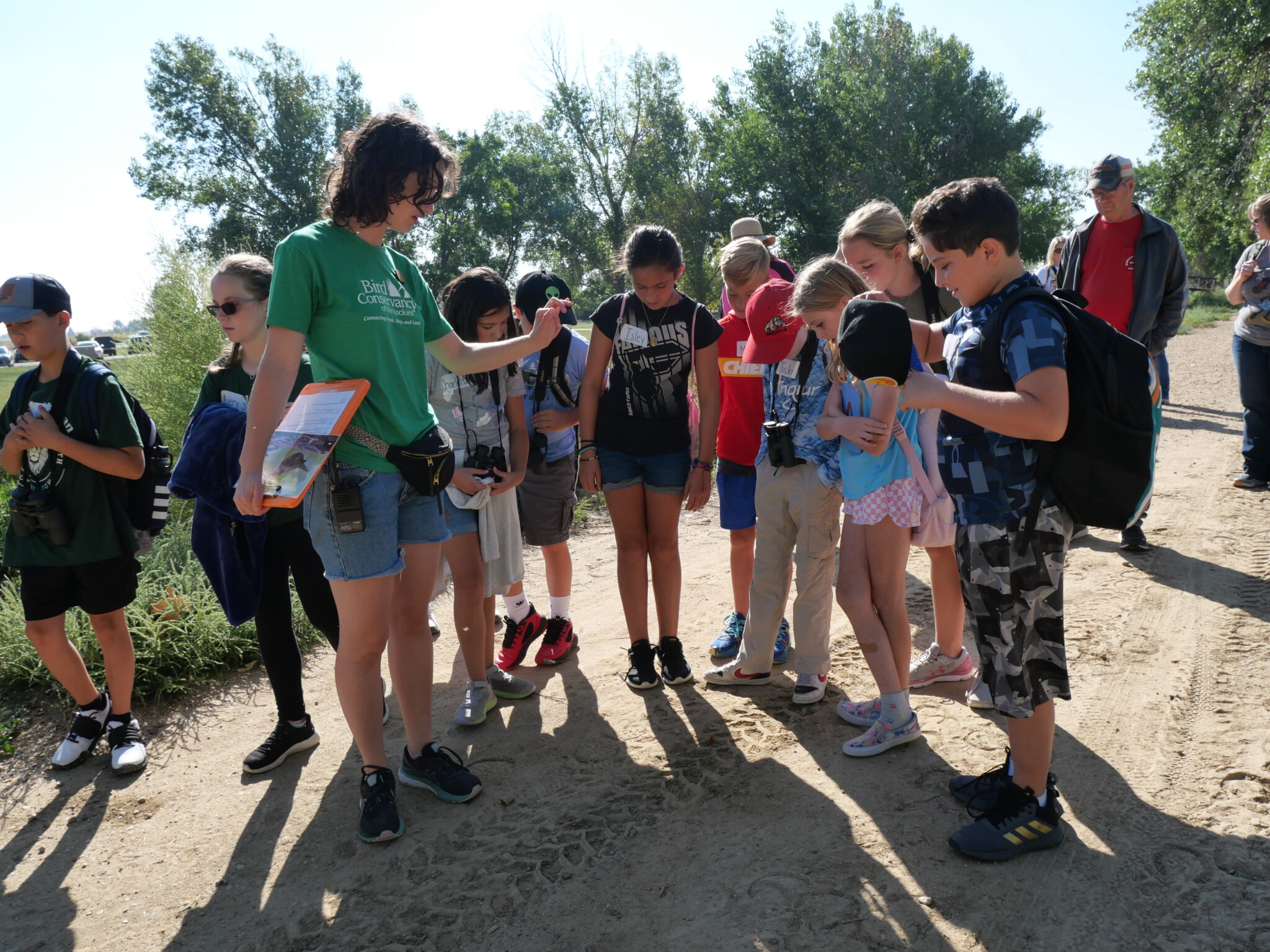
What keeps you coming back year after year?
I won’t lie it is so close to our school, it’s right in our backyard and is very convenient to get the students out of the classroom. But just the quality of the program you all put on out there is really awesome. Again, you’re bringing things to life that are in the textbook that the kids see in pages and in their books, but they don’t really get to see it until they walk out there and we can point it out to them. It’s just so cool to see the reaction of the students. To see these things in real life you can’t put words to it. Really, it’s just a neat experience for me to see what the students do and how they handle it and the enjoyment they have. After the field trip they start to connect things back and forth from the textbook and in the classroom with the field trip.
Chuck, thank you for your dedication to these programs and for getting your students outside to see science in action. Is there anything else you would like to add?
I will make sure that when I retire the legacy continues. I will make sure that whoever comes after me has the information to continue these programs with Bird Conservancy. I am just impressed with what you all do over there. Bird Conservancy does a heck of a job. I mean I tell everybody I can about the program and not just the programs during the school year, but I encourage the kids to come out to your summer camps and the night hikes. You all just do a really great job. Really quality work and it’s a lot of fun.
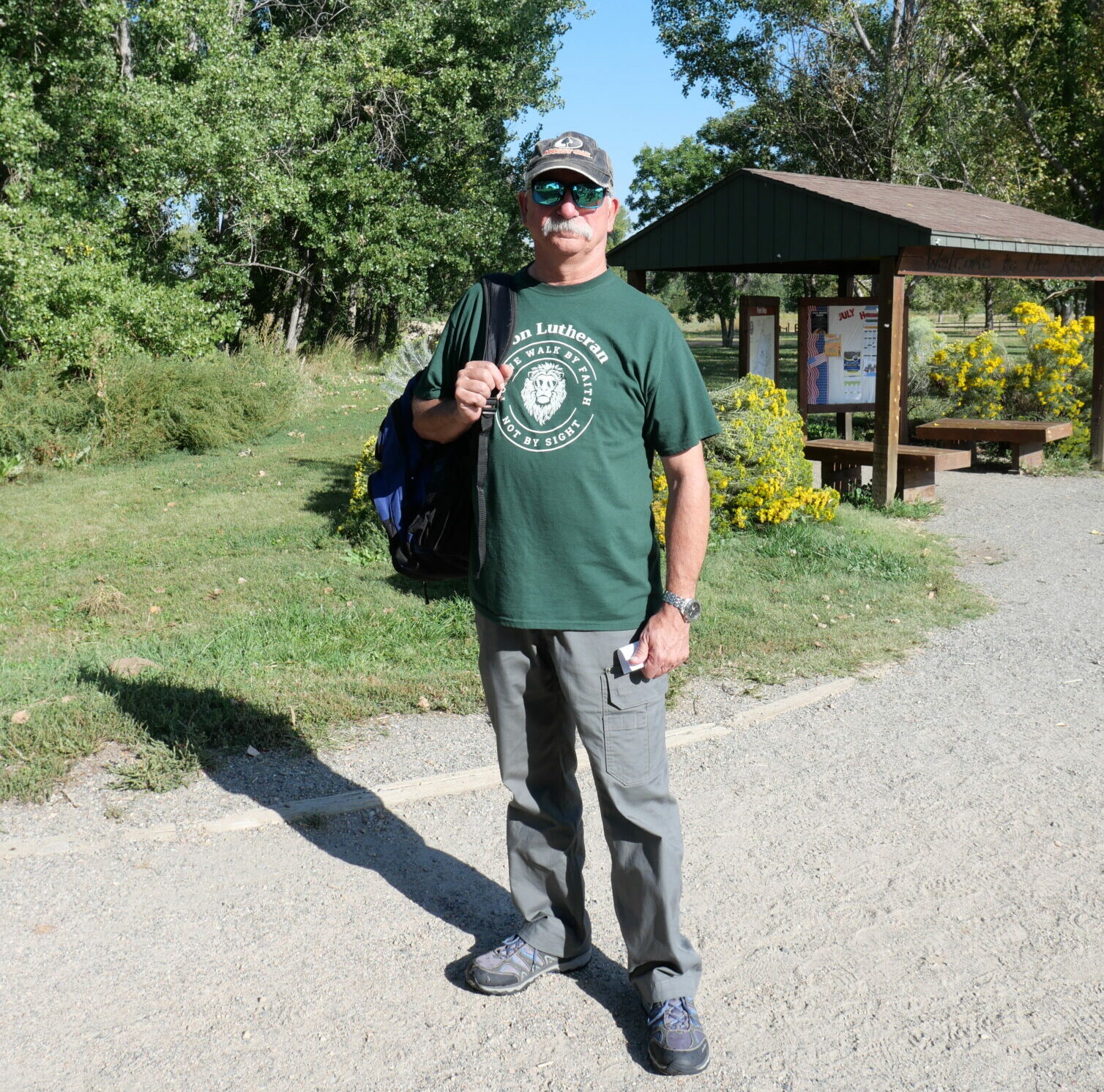
Bird Conservancy offers year-round programing for all grades. Check out our Education page to learn more! Thank you to all of the educators who bring their students out to learn about birds and conservation at our many education programs.


